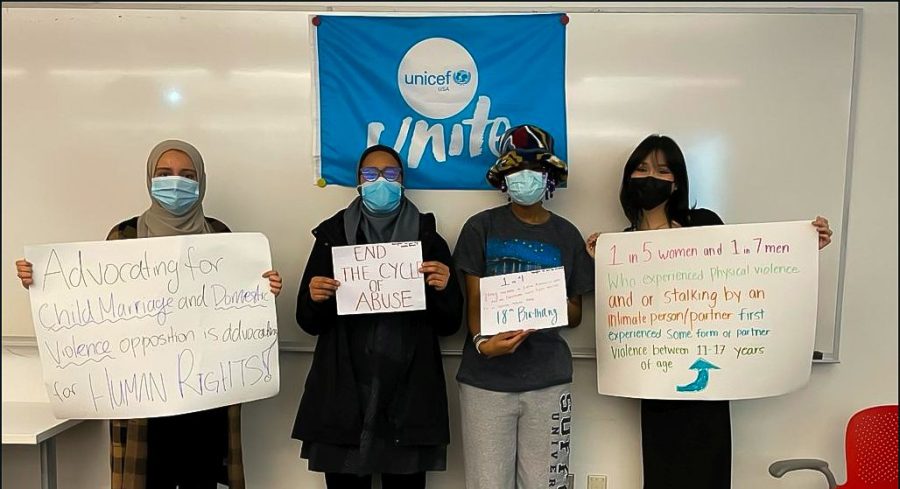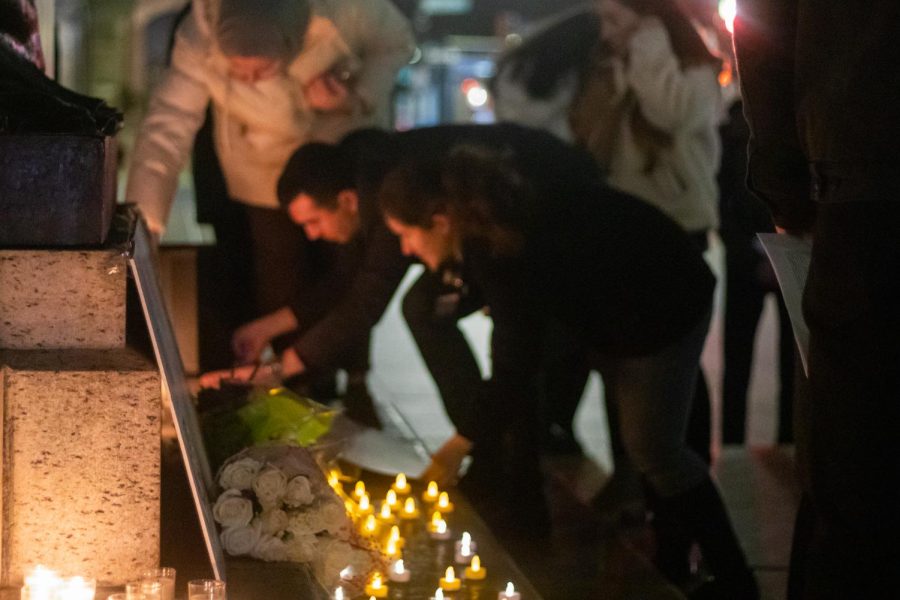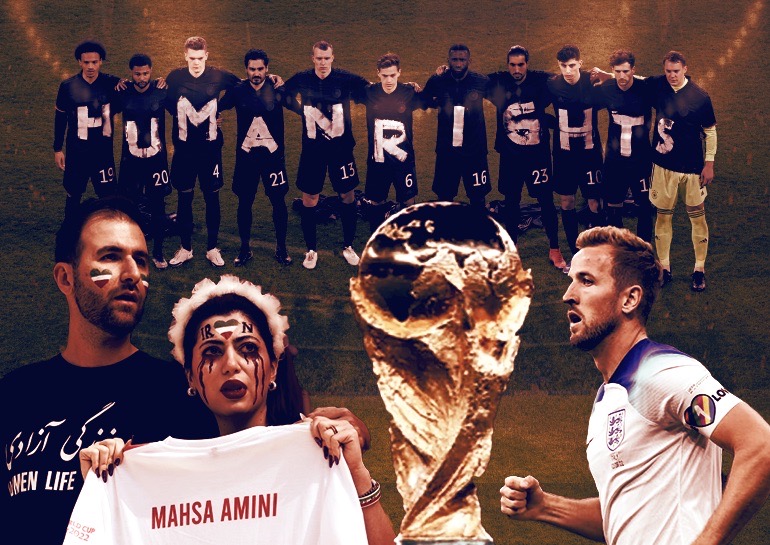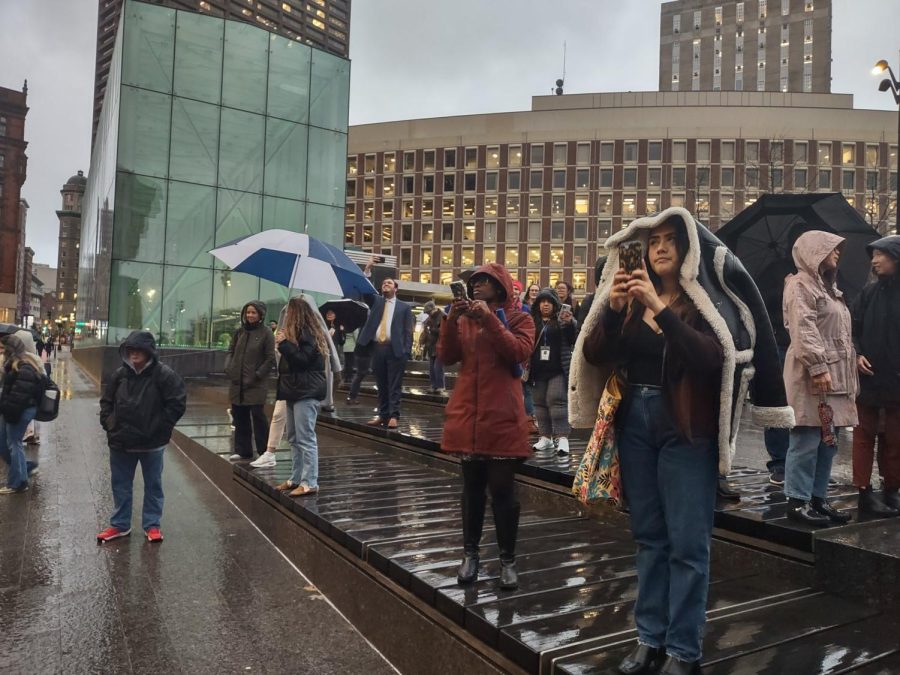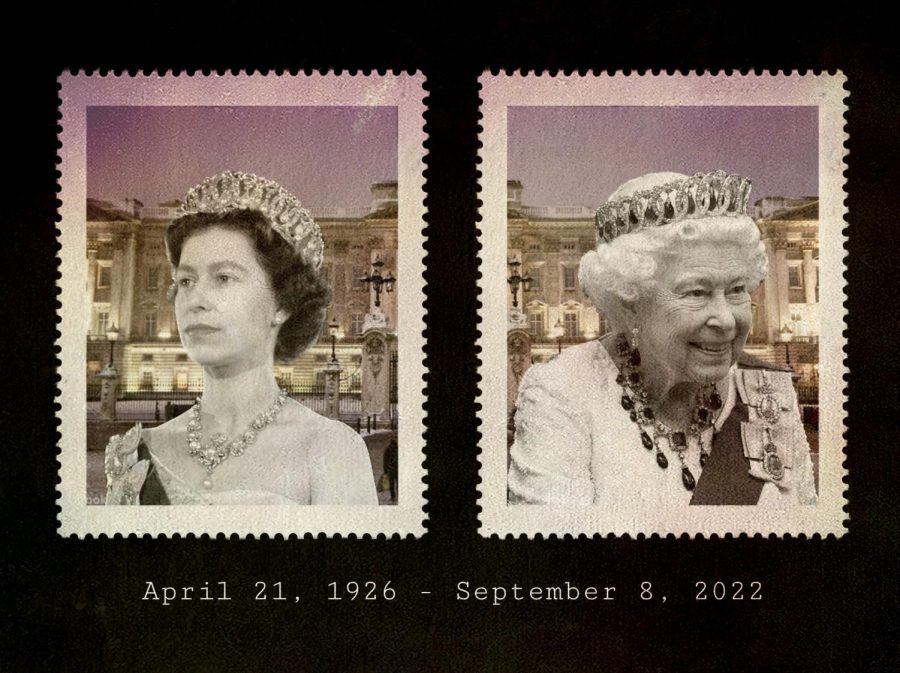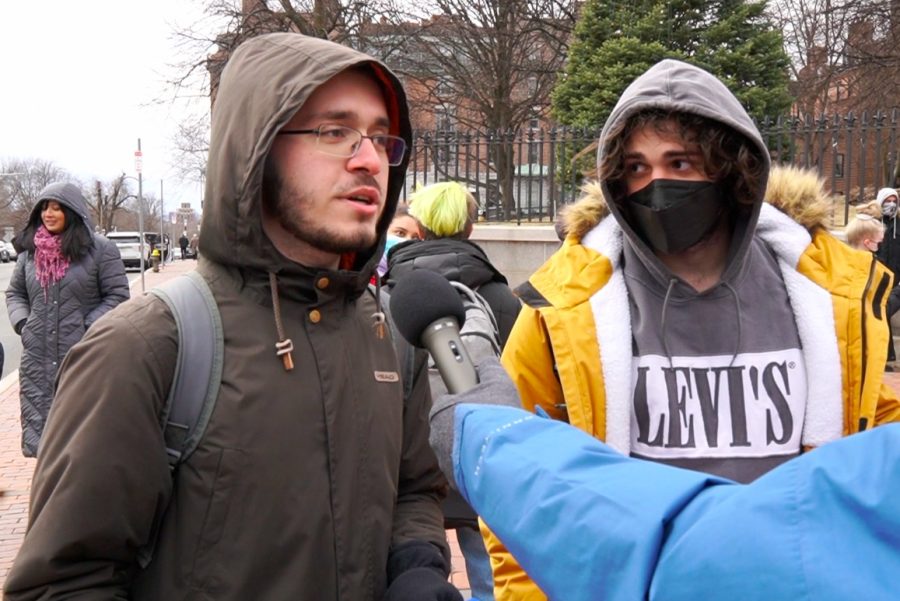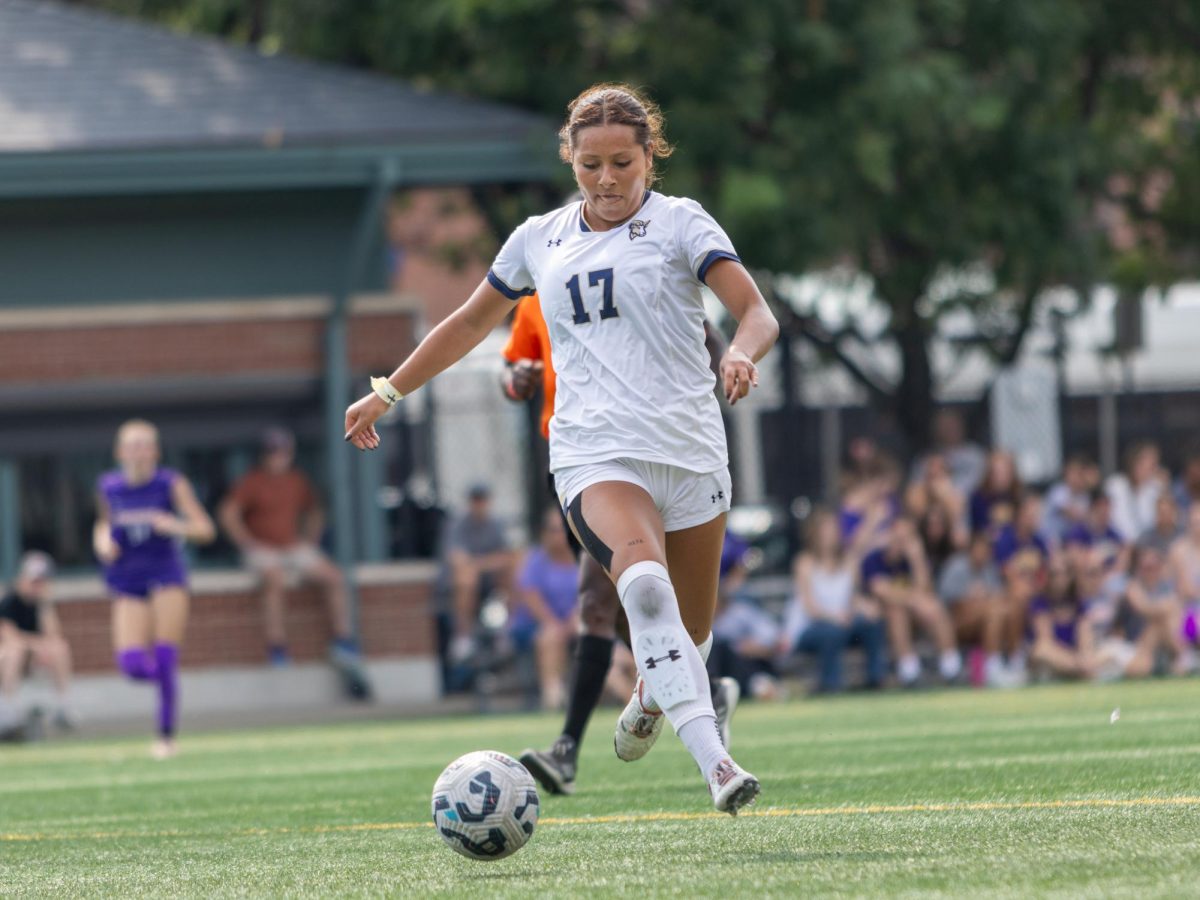Suffolk University UNICEF held an informational event to spread awareness about domestic abuse, child marriage and resources for victims of violence on March 2.
The event featured guest speaker Kourou Pich, chief executive officer of HarborCOV, an organization that provides resources – including a 24-hour hotline and emergency housing – to victims of domestic violence.
Various members of Suffolk UNICEF organized the event, including Hafsa Khatib, Chaimaa Hossaini, Sarab Nehema, Gaelle Grandchamps, Dahlia Elamin and Jess Guzman. They hoped the event would raise awareness of these issues within the Suffolk community and create active advocates against child marriage and domestic violence.
“Advocacy is a huge part because a lot of it can be changed through legal means,” said Hossaini. “Especially with our current justice system, that kind of advocacy is needed especially here in Massachusetts.”
Hossaini cited that Massachusetts has paved the way for progress in movements such as the legalization of same-sex marriage.
According to Equality Now, child marriage is currently legal in 44 states in the U.S., and 20 states do not require any minimum age for marriage, with a parental or judicial waiver.
Pich said those looking to help survivors of domestic violence can get trained at HarborCOV to become volunteers, call state legislators and make donations to organizations who provide resources to survivors.
Domestic violence affects over 2 million women and 800,000 men yearly in the U.S., according to Hossaini, and Khatib said that this can create a slew of health problems for these victims.
“Domestic violence does have major health implications, such as homlessness, injuries that can be fatal, death and billions of dollars in healthcare costs in total for victims,” Khatib said.
Pich also highlighted the importance of understanding that domestic abuse is not always physical, but can be verbal, emotional or financial.
“Some of the survivors have told us that sometimes verbal abuse and emotional abuse stick with them longer,” Pich said. “So at HarborCOV we look at domestic violence with an understanding that it does not happen in a vacuum.”
Domestic violence is also connected to other forms of violence, such as racism, sexism and anti-immigration, Pich said. People with marginalized identities are at higher risk of facing sexual violence, and Trans women of color are facing the highest risk of this violence.
Suffolk UNICEF wanted to incorporate the topic of child marriage into its informational event, as child marriage and domestic violence often go hand-in-hand, Hossaini said.
Information collected by Suffolk UNICEF states that the Sustainable Development Goals of the United Nations urge for global efforts to eradicate child marriage by 2030. The practice puts victims at an increased risk for various physical and mental health issues.
“Child marriage does lead to an increased risk of anxiety, depression, bipolar disorder and suicidal thoughts,” Khatib said.
Suffolk UNICEF raises awareness surrounding domestic violence and child marriage
Four Suffolk UNICEF members created signs to spread domestic violence and child marriage awareness.
0
Donate to The Suffolk Journal
$120
$1050
Contributed
Our Goal
Your donation will support the student journalists of Suffolk University. Your contribution will allow us to cover our annual website hosting costs.
More to Discover
About the Contributor

Grace Dreher, Copy Editor | she/her
Grace is a senior journalism major with a print/web concentration from Lanoka Harbor, New Jersey. When she isn’t writing, you can find her exploring Boston or listening to music. Grace is also very passionate about politics and after college she hopes to work as a journalist and travel.
Follow Grace on X @egracedreher


